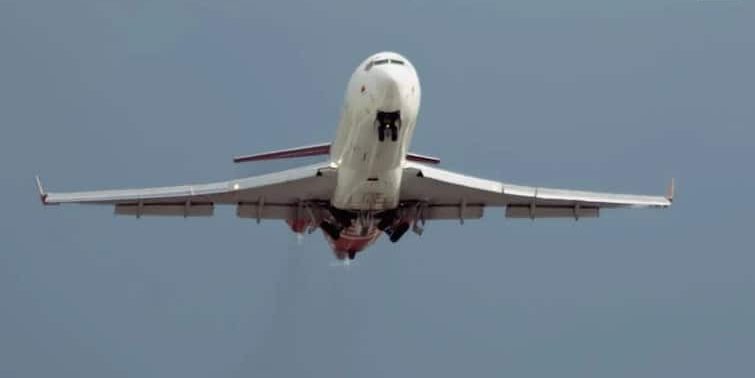
Threats to bomb planes continue. On Thursday, once again 85 flights were in danger. These include 20 flights of Air India, 20 of Indigo, 20 of Vistara and 25 of Akasa. In the last 11 days, more than 255 planes have received bomb threats. Due to this, the aviation sector has suffered a loss of more than Rs 600 crore.
A day earlier, on October 23, the IT Ministry had held a virtual meeting with social media platforms X, Meta and airline companies regarding these threats. The government had asked social media companies, 'What have you done to stop the spread of these malicious rumours? These circumstances show that you are promoting crime.
On October 21, Naidu had said that the names of those who made bomb threats in flights could be added to the 'No Fly List'. The government is planning to amend the Aviation Safety Regulations and Civil Aviation Safety Act, 1982 to crack down on illegal acts. The Bureau of Civil Aviation Security (BCAS) is in constant touch with the Home Ministry on this issue.
Double the number of air marshals
On October 16, the central government decided to double the number of air marshals on flights. On the same day, the Home Ministry sought a report from the Aviation Ministry on fake threats. CISF, NIA and IB were also asked to submit report
Where were the arrests made?
Mumbai Police has arrested a person for threatening. Apart from this, a minor has been detained from Rajnandgaon, Chhattisgarh. Both of them had threatened to blow up an Indigo flight with a bomb. Along with this, on Monday, a passenger was detained on charges of making a bomb threat at Kochi Airport in Kerala.
What happens after a threat?
After receiving information that there was a bomb on board, the plane was diverted to a nearby airport instead of its scheduled airport. This not only consumes a lot of fuel, but also requires rechecking the aircraft, arranging for passengers to stay in hotels and taking them to their destinations. Its cost per flight is around Rs 3 crore.
 look news india
look news india